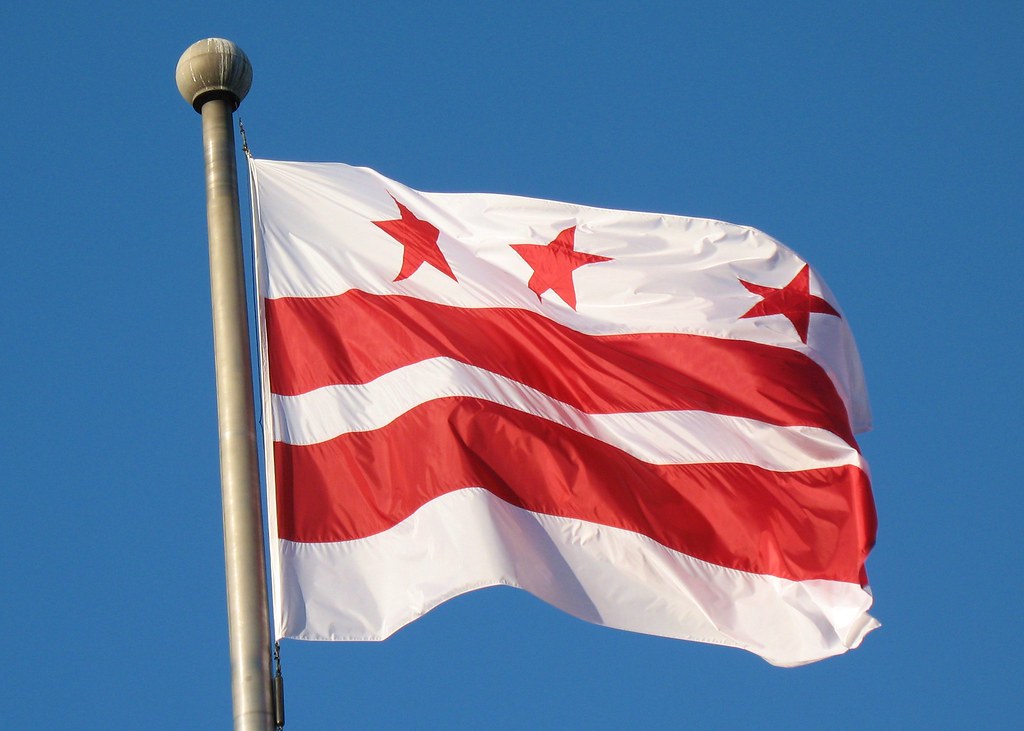The topic of D.C. statehood has been hotly contested over recent years. Currently, Washington is a district with a single non-voting representative in Congress, raising concerns from its residents regarding adequate political representation. Conservative opponents to the change argue that D.C. statehood would be unconstitutional according to Article I Section 8 of the Constitution, which states that “to exercise exclusive Legislation in all Cases whatsoever, over such District as may … become the Seat of the Government of the United States.” Conservatives have long interpreted this as a direct barrier to D.C. statehood, as the seat of government must remain a district under the constitution. If Washington achieved state status, it would gain a voting representative or, if given only partial statehood, the single current representative would simply be given voting power. This compromise would classify Washington as a U.S. territory with a more direct form of representation, but would still exclude it from the full benefits of statehood. It is in the best interest of the District, as well as the federal government, to make Washington a full state.
The strong conservative opposition to D.C. statehood is a result of the district’s racial and political demographics. According to the 2020 census, Washington’s population is 41% African American, and 92.1% of Washington residents voted Democrat in the last presidential election. Right-wing policy makers clearly recognize that if they granted D.C. statehood, Washington would become an additional blue state, swaying the fragile Congressional balances. This argument is a conflict between partisan beliefs and the rights of American citizens. While it seems there is no solution to the gridlock in Congress, there is a method of circumventing the constitutionality obstacle. If the federal district was reduced to only the national mall, the White House, and the Capitol, the government could be kept out of dense residential areas. This arrangement would leave the rest of the city –– where the majority of Washington’s population resides –– outside of the “Seat of Government,” thus making Washington eligible for statehood.
Through effective lobbying and bipartisan support, Washington could gain full statehood. It would only demand a majority vote from both houses of Congress, which would require politicians to set aside their racial and political prejudices for the benefit of Washington’s citizens and the country as a whole. The people of Washington are in support of statehood; according to a 2016 referendum, 86% of Washington voters were in favor of proposing statehood. District residents advocate for statehood with one of the most significant and recognizable arguments of the American Revolution: “no taxation without representation.” Driving through Washington, that very slogan appears on every license plate. Today, Washington residents face a challenge similar to that of the American revolutionaries –– paying federal taxes without equitable representation in the legislature. The argument for D.C. statehood is rooted in the core values of our nation and is the best option for its citizens.











































